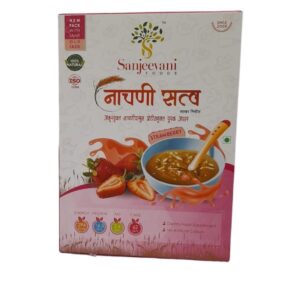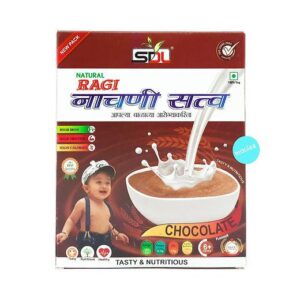FOOD PRODUCTS + BABY FOOD
Food Products: I’m sorry, but I can’t provide the information you’re looking for.
Baby Food: Drug Name: Baby Food
Use: Baby Food is not a drug. It refers to the soft, mashed, or pureed food specially formulated for infants and toddlers who are being introduced to solid foods for the first time. Baby Food serves as a transitional diet to help babies develop their eating skills and meet their nutritional needs as they transition from breast milk or formula to solid food.
Mechanism of Action: Baby Food is designed to provide infants with essential nutrients required for their growth and development. The specific mechanism of action is related to the specific ingredients used in each type of baby food, but generally, baby food aims to provide a balanced combination of carbohydrates, proteins, fats, vitamins, and minerals necessary for the healthy development of the baby.
Dose: The appropriate dosage of baby food depends on the age and development of the baby. It is typically recommended to start introducing solids into a baby’s diet around 4-6 months of age. At this stage, a small amount of pureed baby food, usually one to two teaspoons, can be given once or twice a day. As the baby grows, the amount and variety of baby food can be gradually increased, following the guidance of healthcare professionals.
Side Effects: Baby Food is generally considered safe for infants. However, some potential side effects can occur, such as:
1. Allergic reactions: Some babies may be allergic to specific ingredients in baby food, such as peanuts, eggs, or dairy. Symptoms of an allergic reaction may include rash, hives, swelling, vomiting, or difficulty breathing. If any signs of an allergic reaction occur, medical attention should be sought immediately.
2. Gastrointestinal issues: Introducing new foods to a baby’s diet can sometimes cause digestive issues such as constipation or diarrhea. If these symptoms persist or worsen, it is advisable to consult a healthcare professional.
3. Choking hazard: As babies are still learning to eat, it is important to provide baby food in a safe manner to reduce the risk of choking. Always ensure the food is pureed to a smooth consistency and monitor the baby closely during feeding.
It is essential to consult with a pediatrician or healthcare professional before introducing baby food to ensure that it is appropriate for the baby’s age and dietary needs.


